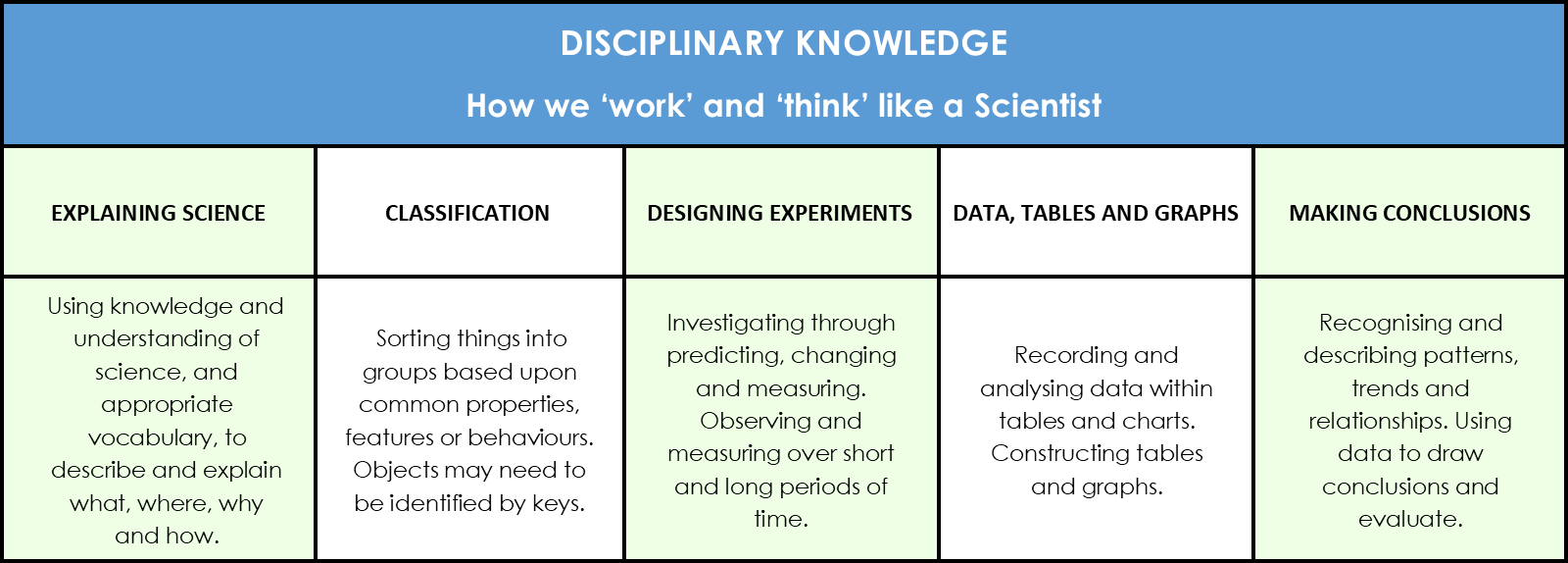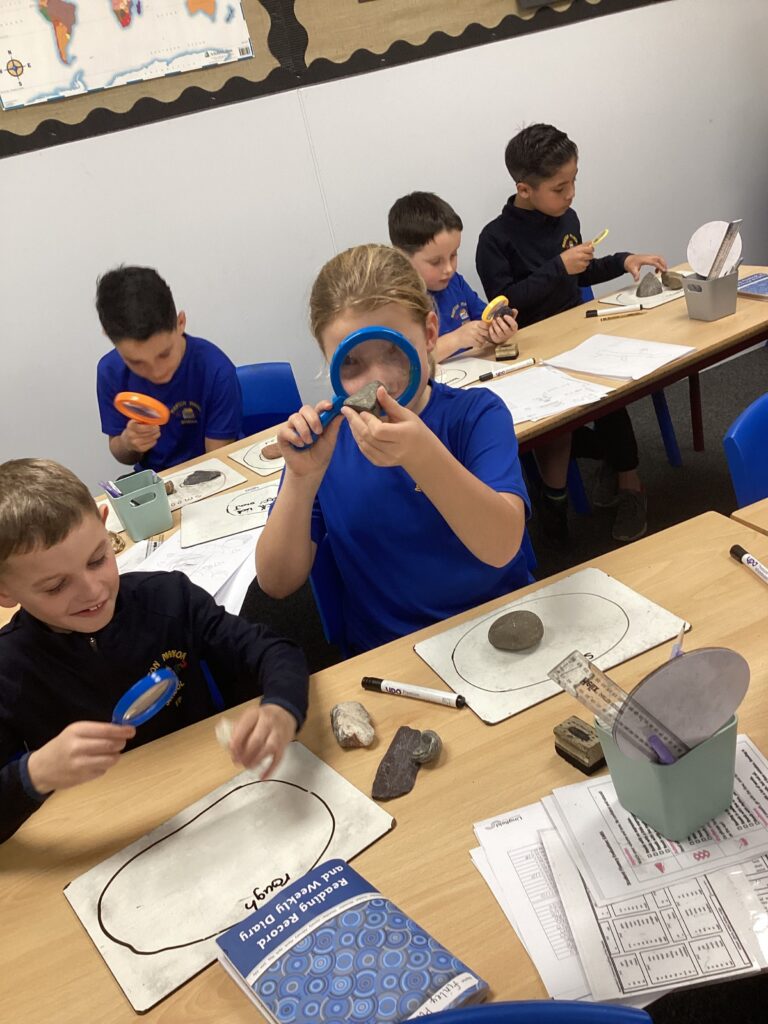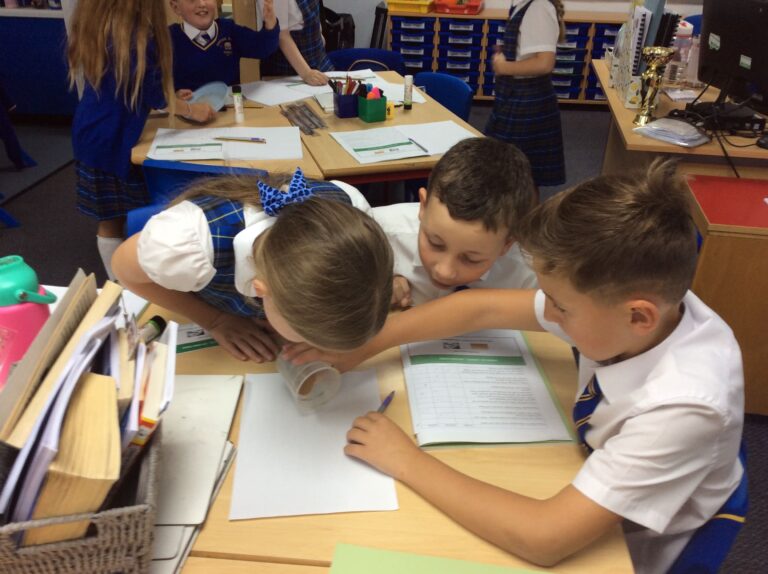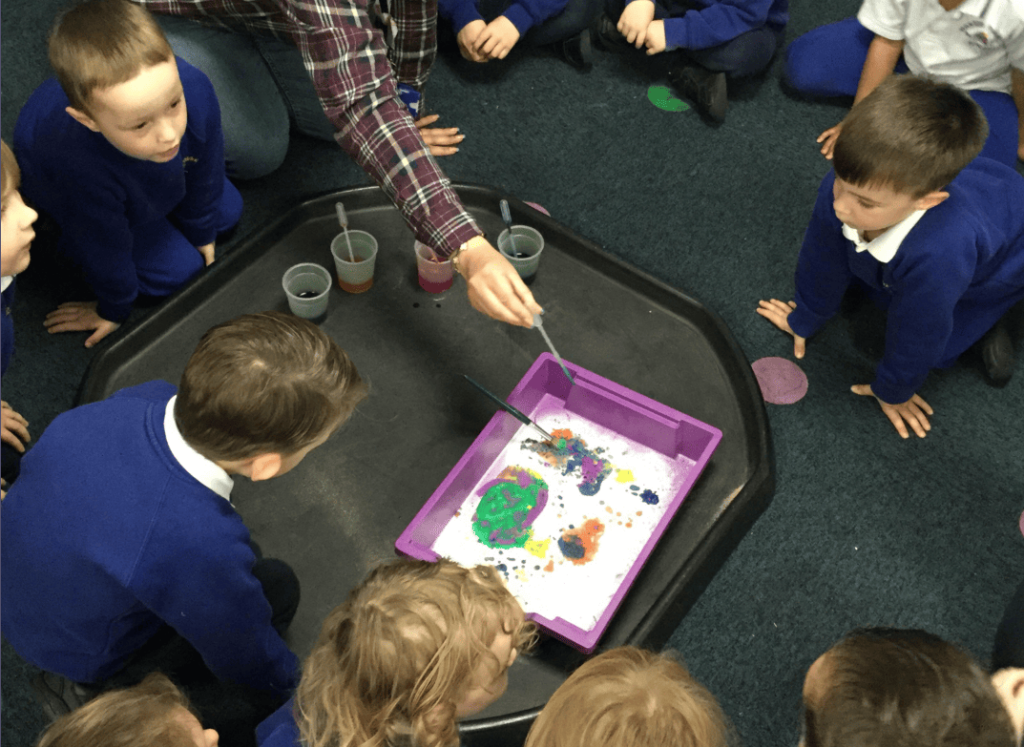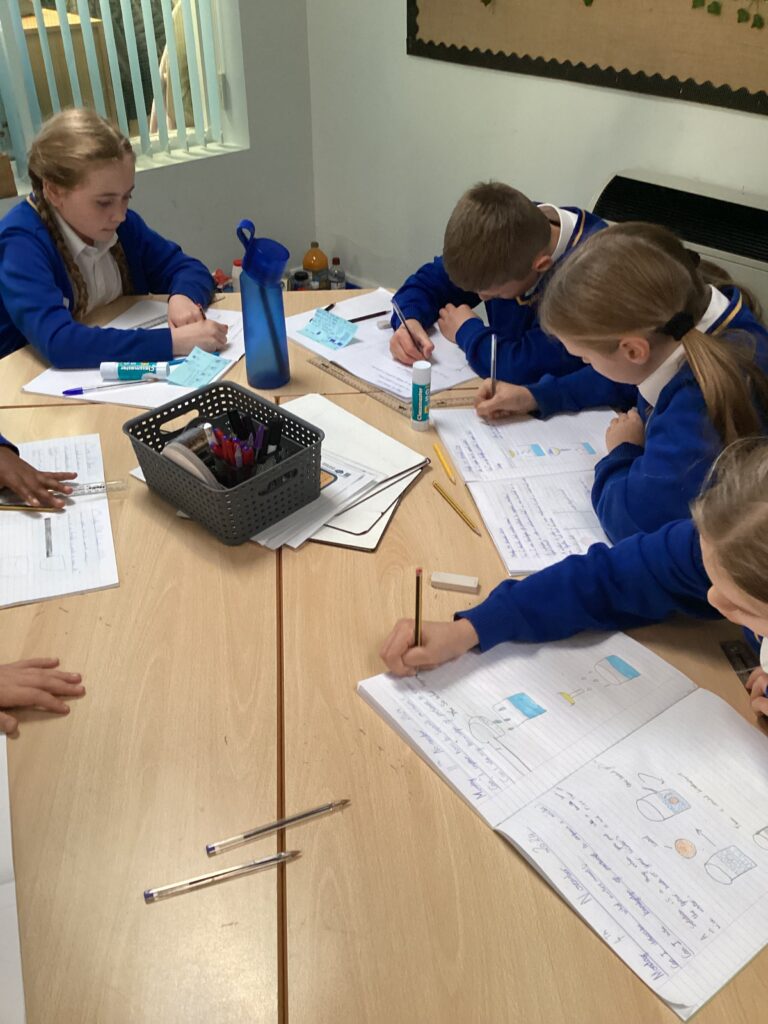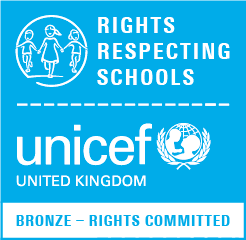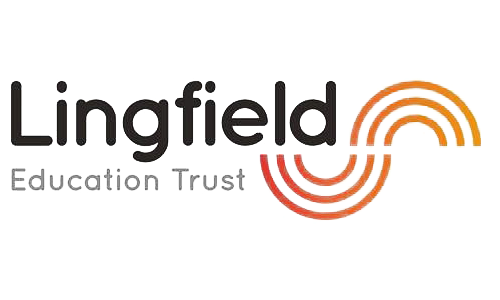“Somewhere, something incredible is waiting to be known.“— Carl Sagan
Here at Marton Manor, children are encouraged to become scientific enquirers. We want to foster their natural curiosity to help them gain a wider and deeper understanding of the world and beyond.
Our intent for Science at Marton Manor…
- Provide a high-quality science education that builds connected knowledge and key skills through concepts, deeper/blended learning and a hands-on, investigatory approach to teaching.
- Encourage children to become scientific enquirers and to develop their skills of observation, hypothesising, investigating, drawing conclusions and making links.
- Skills in analysing and checking are developed along with conceptual knowledge and understanding.
- Children use their growing scientific vocabulary to pose questions, control conditions, explain variations, classify, compare and contrast and record their findings.
- Work with parents, community and wider external STEM providers/employers to enrich our learning and support high Science Capital with all our pupils irrespective of starting point, background, gender or race.
- Develop their sense of awe and wonder and to foster their natural curiosity to help them gain a wider and deeper understanding of the natural and man-made world.
We follow the National Curriculum at Marton Manor…
Key Stage 1
The principal focus of science teaching in key stage 1 is to enable pupils to experience and observe phenomena, looking more closely at the natural and humanly-constructed world around them. They should be encouraged to be curious and ask questions about what they notice. They should be helped to develop their understanding of scientific ideas by using different types of scientific enquiry to answer their own questions, including observing changes over a period of time, noticing patterns, grouping and classifying things, carrying out simple comparative tests, and finding things out using secondary sources of information.
They should begin to use simple scientific language to talk about what they have found out and communicate their ideas to a range of audiences in a variety of ways. Most of the learning about science should be done through the use of first-hand practical experiences, but there should also be some use of appropriate secondary sources, such as books, photographs and videos.
‘Working scientifically’ is described separately in the programme of study, but must always be taught through and clearly related to the teaching of substantive science content in the programme of study. Throughout the notes and guidance, examples show how scientific methods and skills might be linked to specific elements of the content. Pupils should read and spell scientific vocabulary at a level consistent with their increasing word reading and spelling knowledge at key stage 1.
Lower Key Stage 2
The principal focus of science teaching in lower key stage 2 is to enable pupils to broaden their scientific view of the world around them. They should do this through exploring, talking about, testing and developing ideas about everyday phenomena and the relationships between living things and familiar environments, and by beginning to develop their ideas about functions, relationships and interactions. They should ask their own questions about what they observe and make some decisions about which types of scientific enquiry are likely to be the best ways of answering them, including observing changes over time, noticing patterns, grouping and classifying things, carrying out simple comparative and fair tests and finding things out using secondary sources of information. They should draw simple conclusions and use some scientific language, first, to talk about and, later, to write about what they have found out.
‘Working scientifically’ is described separately at the beginning of the programme of study, but must always be taught through and clearly related to substantive science content in the programme of study. Throughout the notes and guidance, examples show how scientific methods and skills might be linked to specific elements of the content. Pupils should read and spell scientific vocabulary correctly and with confidence, using their growing word reading and spelling knowledge.
Upper Key Stage 2
The principal focus of science teaching in upper key stage 2 is to enable pupils to develop a deeper understanding of a wide range of scientific ideas. They should do this through exploring and talking about their ideas; asking their own questions about scientific phenomena; and analysing functions, relationships and interactions more systematically. At upper key stage 2, they should encounter more abstract ideas and begin to recognise how these ideas help them to understand and predict how the world operates. They should also begin to recognise that scientific ideas change and develop over time. They should select the most appropriate ways to answer science questions using different types of scientific enquiry, including observing changes over different periods of time, noticing patterns, grouping and classifying things, carrying out comparative and fair tests and finding things out using a wide range of secondary sources of information. Pupils should draw conclusions based on their data and observations, use evidence to justify their ideas, and use their scientific knowledge and understanding to explain their findings.
‘Working and thinking scientifically’ is described separately at the beginning of the programme of study, but must always be taught through and clearly related to substantive science content in the programme of study. Throughout the notes and guidance, examples show how scientific methods and skills might be linked to specific elements of the content. Pupils should read, spell and pronounce scientific vocabulary correctly.
How the Science Curriculum is designed at Marton Manor
At Marton Manor Primary School, our Science curriculum fosters curiosity, exploration, and a deep understanding of the natural world. Rooted in key substantive concepts and disciplinary knowledge, our curriculum enables children to develop scientific thinking, conduct enquiries, and apply their knowledge to real-world contexts.
Below, you will find an overview of our curriculum, outlining the key scientific concepts and the role of disciplinary knowledge in developing a rigorous and investigative approach to science.

